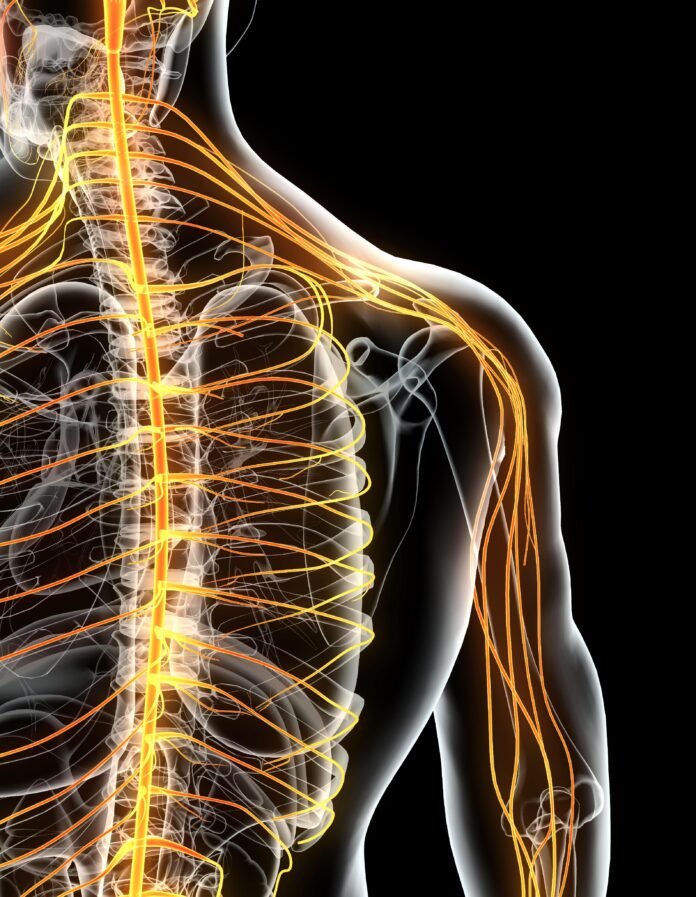A psychologist shares tips on how to build capacity within your nervous system, offering insights into enhancing resilience and managing stress effectively.
Firstly, practicing mindfulness and meditation techniques can help regulate emotions and calm the nervous system. By focusing on the present moment and cultivating awareness of thoughts and sensations, individuals can develop greater emotional regulation and reduce reactivity to stressors.
Secondly, engaging in regular physical activity, such as exercise or yoga, can promote relaxation and release tension in the body. Physical movement stimulates the production of endorphins, which are natural mood boosters, and helps regulate cortisol levels, thereby reducing stress and anxiety.
Thirdly, prioritizing self-care activities, such as getting adequate sleep, eating a balanced diet, and setting boundaries, is essential for maintaining optimal nervous system function. Adequate rest and nourishment provide the body with the resources it needs to cope with stressors and recover from daily challenges.
Furthermore, building strong social connections and seeking support from friends, family, or a therapist can provide emotional validation and buffer against stress. Connecting with others fosters a sense of belonging and security, which promotes resilience and enhances overall well-being.
Additionally, engaging in activities that bring joy and fulfillment, such as hobbies, creative pursuits, or spending time in nature, can nourish the nervous system and foster positive emotions. Cultivating a sense of purpose and meaning in life contributes to psychological resilience and strengthens the capacity to cope with adversity.
Moreover, practicing relaxation techniques, such as deep breathing, progressive muscle relaxation, or guided imagery, can help activate the body’s relaxation response and counteract the effects of stress on the nervous system. These techniques promote a state of calmness and reduce physiological arousal, leading to improved mood and mental clarity.
Furthermore, developing coping strategies and problem-solving skills can empower individuals to navigate challenging situations more effectively. By identifying and implementing adaptive strategies, such as reframing negative thoughts, setting realistic goals, and seeking solutions to problems, individuals can build resilience and strengthen their ability to cope with adversity.
Additionally, fostering a sense of gratitude and cultivating positive emotions can have profound effects on the nervous system. Practicing gratitude exercises, such as keeping a gratitude journal or expressing appreciation for the people and things in one’s life, can promote feelings of happiness, contentment, and overall well-being.
Moreover, engaging in regular mental stimulation, such as learning new skills, challenging oneself intellectually, or engaging in creative activities, can promote neural plasticity and enhance cognitive function. Keeping the mind active and engaged supports the health and vitality of the nervous system, contributing to overall resilience and well-being.
Lastly, adopting a flexible and adaptive mindset is key to building capacity within the nervous system. Embracing change, viewing setbacks as opportunities for growth, and cultivating a sense of curiosity and openness to new experiences can help individuals adapt to stressors and thrive in the face of adversity.
Building capacity within the nervous system involves a multifaceted approach that encompasses mindfulness practices, physical activity, self-care activities, social support, relaxation techniques, coping strategies, gratitude, mental stimulation, and a flexible mindset. By incorporating these strategies into daily life, individuals can strengthen their resilience, enhance their well-being, and navigate life’s challenges with greater ease and confidence.

